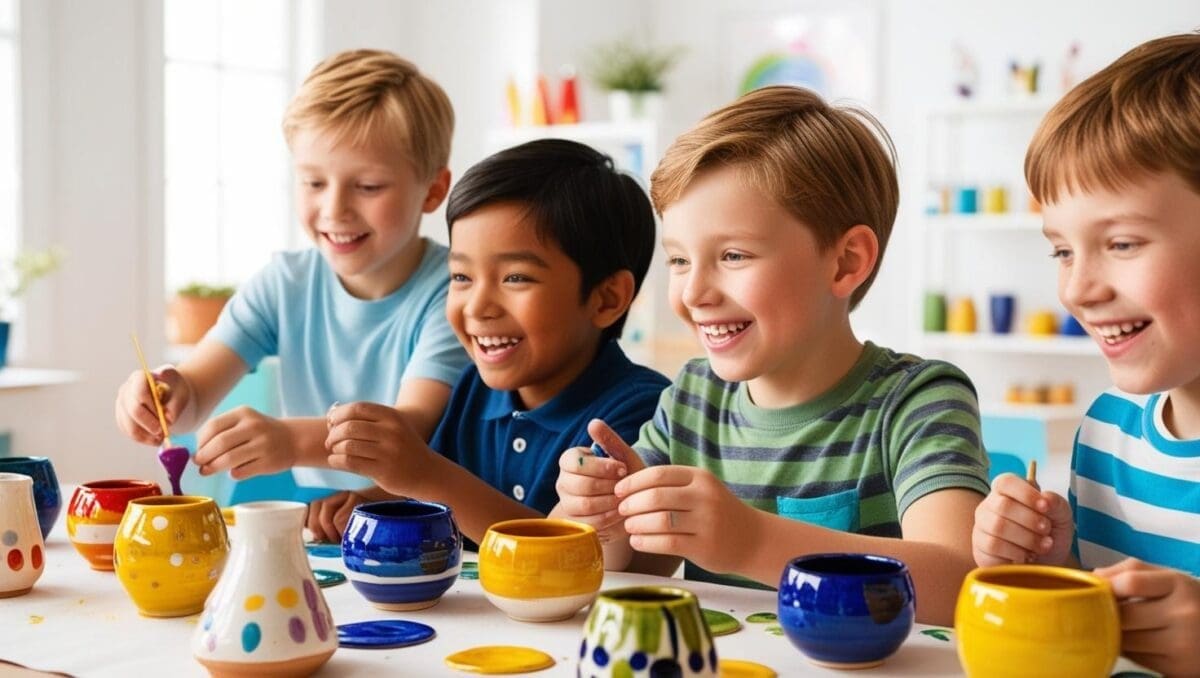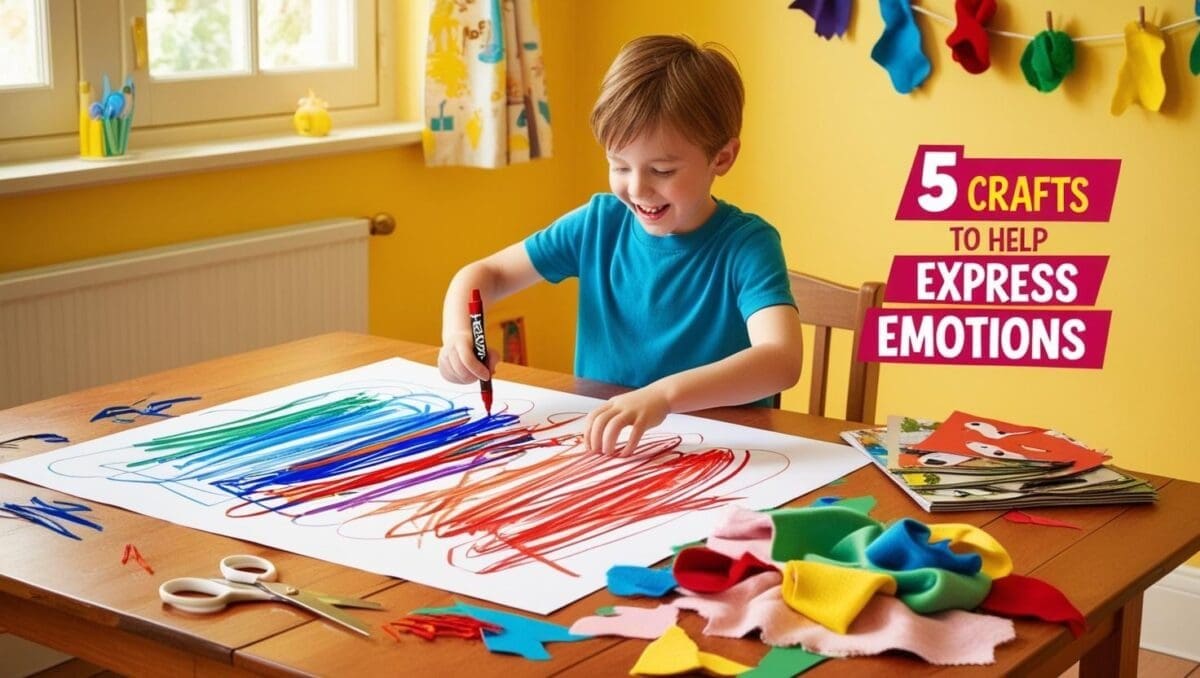Fairy Gardens for Feelings: A Whimsical Way to Help Kids Express Emotions
What if a tiny garden could help your child feel seen, heard, and safe to express their emotions? In a world full of big feelings and fast-paced schedules, fairy gardens offer a gentle pause—a space where creativity, nature, and imagination meet to support emotional well-being.
Fairy gardens aren’t just about sparkles and cute figurines (though that’s part of the fun). For many children, these miniature worlds become safe spaces where they can explore feelings like sadness, anger, or even hope. Whether tucked into a corner of the backyard or sitting on a windowsill, fairy gardens can be powerful tools for emotional expression, especially for children who struggle to talk about what’s going on inside.
In this article, we’ll explore how fairy gardens can help kids connect with their feelings in a creative and therapeutic way. You’ll learn how to use these magical little spaces to gently encourage emotional expression—whether you’re a parent, teacher, or therapist.
Fairy Gardens for Feelings: A Whimsical Way to Help Kids Express Emotions Read More »










